Everyone agrees that Blockchain addresses are long, lengthy, boring, and an eyesore. The mere sight of those long strings of letters, numbers and special characters is enough torture for the eyes, and our brains just close themselves to memorizing it.
Conventional name services such as the Ethereum Name Service (ENS) made addresses usable and transactions seamless but failed to address the complexity of Web3 domain names. The result? A vast disconnect between Web3 websites and less technical Web3 users. Users trust you less if your domain or asset name is not user-friendly.
It doesn't help that most Web3 domains need familiar Web2 features, which are important to gain users' trust and ensure transparency.
These were the problems James Wylie and the XRD team were looking at when they came together to develop a solution that makes it much easier for users to access Web3 Domains. We heard they call themselves "the Go Daddy of Web3". Ha! We think XRD really is, and we'll show you why in this article.

What are XRD Domains?
XRD Domains is a project that aims to make the process of managing domains on the Radix network, and Web3 domains in general, as simple and user-friendly as possible. XRD Domains is the primary developer of the Radix Name Service — the decentralised foundation that makes difficult names for crypto addresses and resources go bye-bye. They are developing Web3 domain management and the dApp integration platform of the Radix Name Service.
It’s a no-brainer why, really.
Earlier projects like the ENS have structural mistakes that make Web3 domains complex and attractive. By setting up a Foundation that allows projects in the Radix ecosystem to have a say in the direction of the Radix Name Service (RNS), XRD.domains plans to correct these mistakes.
Since a project layer of this size requires continuous development and management, the RNS plans to implement a DAO and sub-DAOs to ensure perpetual progress and adaptability in the changing Web3 space. In the end, the team is concentrating on the following areas to achieve their goal:
- Creating, sleek, user-friendly and responsive interfaces
- Implementing abstraction layers to enhance the user experience for those who are less technically inclined.
- Utilizing the diverse range of Web3-enabled possibilities, particularly in Defi, to transfer assurance and trust models from Web2.
- Facilitating effortless and straightforward integrations for developers
If any brand is taking critical steps to ensure that navigating the world of Web3 is as safe and as user-friendly as possible, it’s the blokes at XRD.Domains. But enough of the sweet technical stuff, let’s get to how Domains make money.
XRD revenue sources
When XRD Domains launched a landrush giveaway event earlier this year, they raked in so much demand that they had to close the event early. That ‘early’ amounted to 10k+ new signups and 10k+ Twitter followers. So the market is clearly ready for this service.
Currently, XRD's immediate revenue streams consist of:
- RNS (Radix Name Service) Foundation grants earn under the Radix Name Service marketing and management service agreement. Domain registrations result in recurring revenue.
- Annual emissions resulting from $RNS token allocations.
- Earnings from in-house SaaS style integrations such as IPFS deployment pipelines, AML and KYC bridging services and Web3 social media engagement tools (crew3 for domains).
Plans are in place to add to these revenue sources as the XRD ecosystem grows.
3 ‘loves’ for XRD
As mentioned above, conventional name services are already shooting for the stars, but there are a number of reasons why we believe XRD is going beyond that. My three best loves are:
- Personalization: XRD domains are now being treated as exclusive 'personal' assets, rather than just plain old website navigation tools.
- Simplified addresses: Even as a crypto OG, using long crypto addresses to transact is not at all fun. Literally! No, take that pain point and multiply it by 10 to get a glimpse of how frustrating that is for less technical users. XRD Domains remove the frustration and friction of having to deal with crypto addresses.
- Versatility: Web3 Domains can be utilised as a kind of digital passport and be used across a wide variety of Web3 services.
The Roadmap
Since launching in October 2022, XRD has surpassed several milestones they had set for themselves, most impressively the success of the Landrush initiative, implementing Scrypto, adding browser extensions and bagging forward-thinking partnerships.
The waypoint from here to 2024 is looking good.

Closing Thoughts
XRD Domains targets a wide range of users, including all Web3 users who conduct peer-to-peer transactions, multifaceted Web3 businesses, and even Web2 users who currently find the Web3/crypto space overwhelming and untrustworthy.
By providing a user-friendly platform for managing domains on the Radix network, XRD Domains is making it easier for users to participate in the Web3 ecosystem with confidence.
To stay in the loop of the project developments, head to the website, follow XRD on Twitter or join the project's Discord channel.





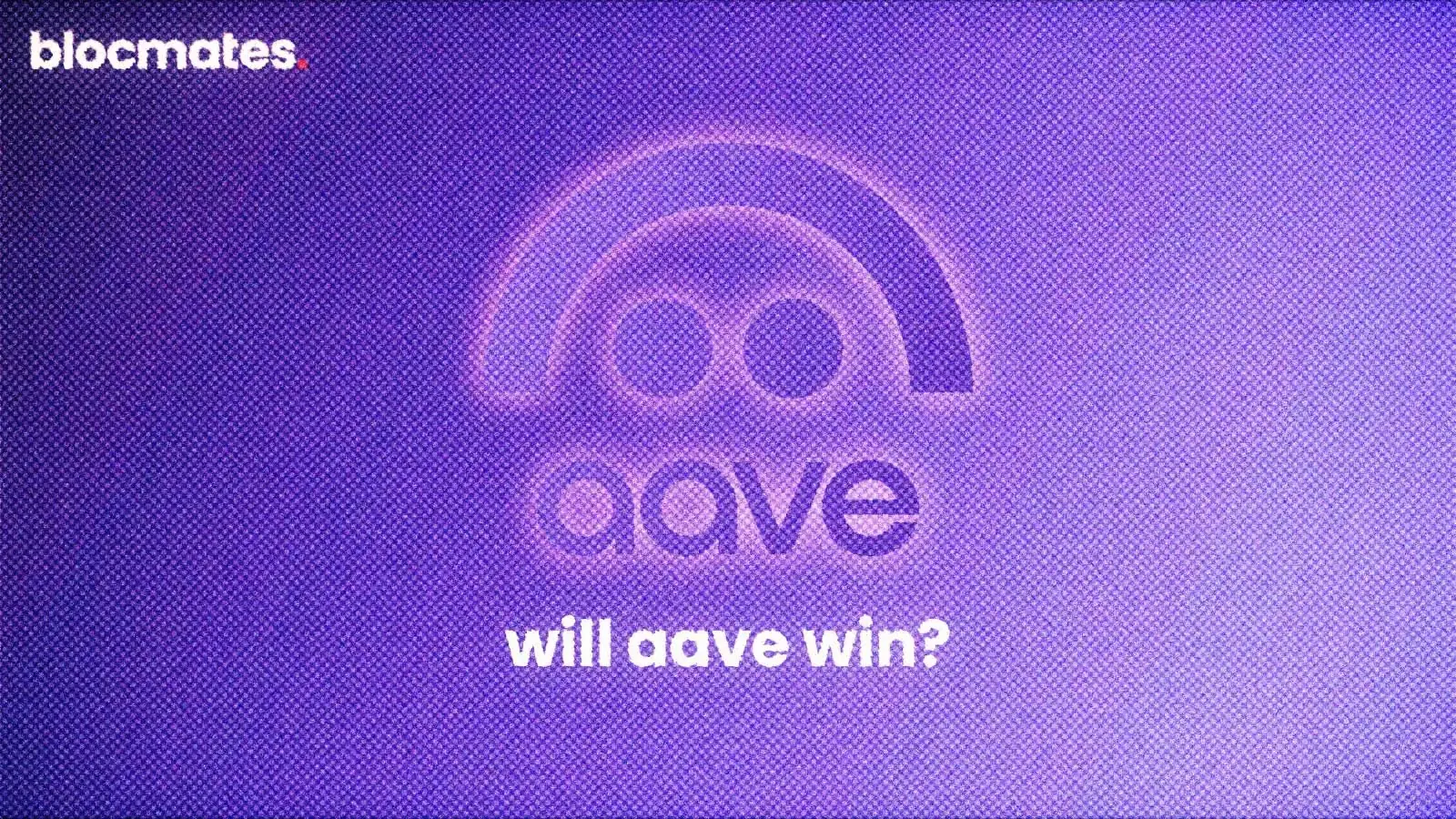




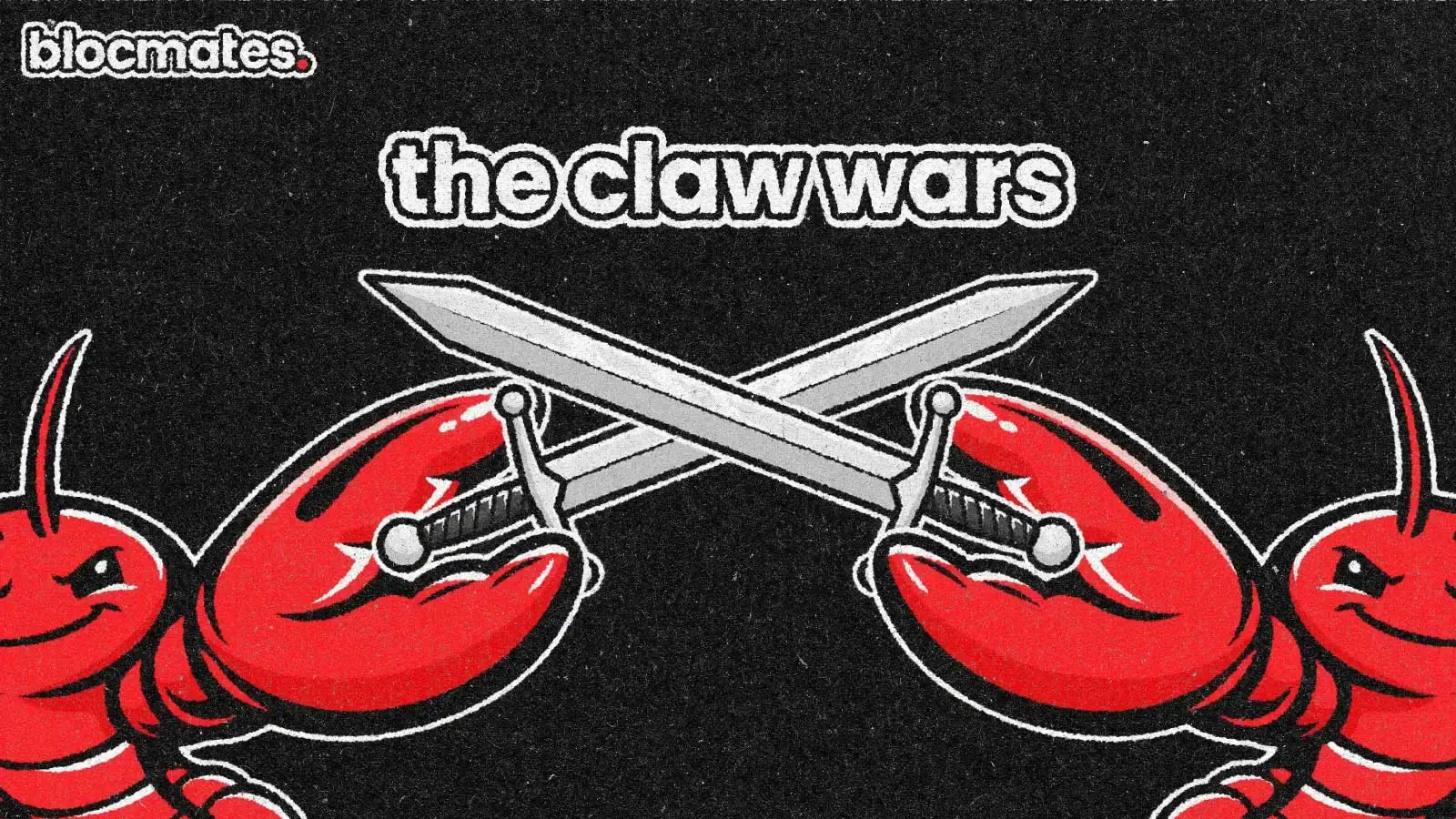
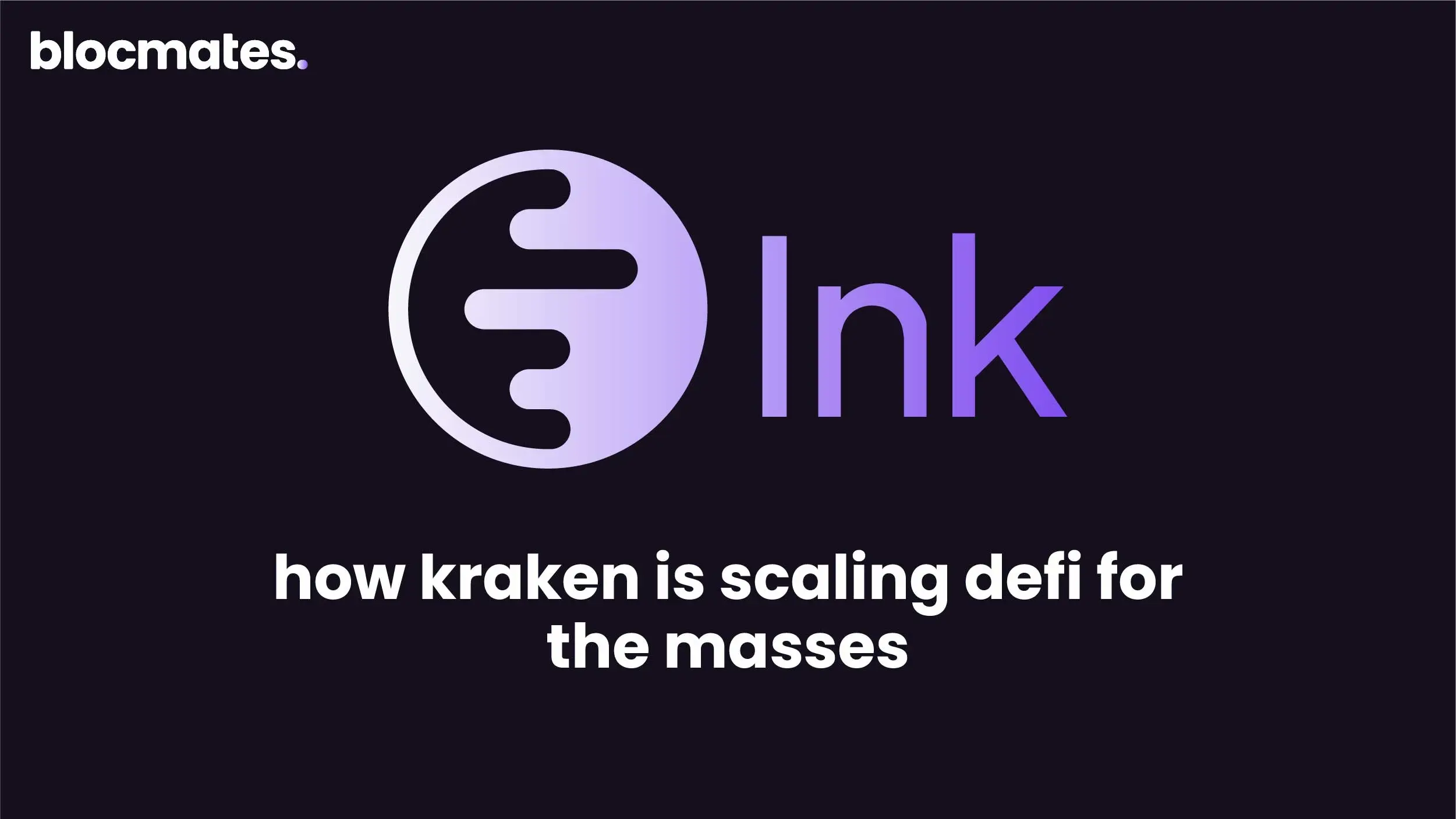
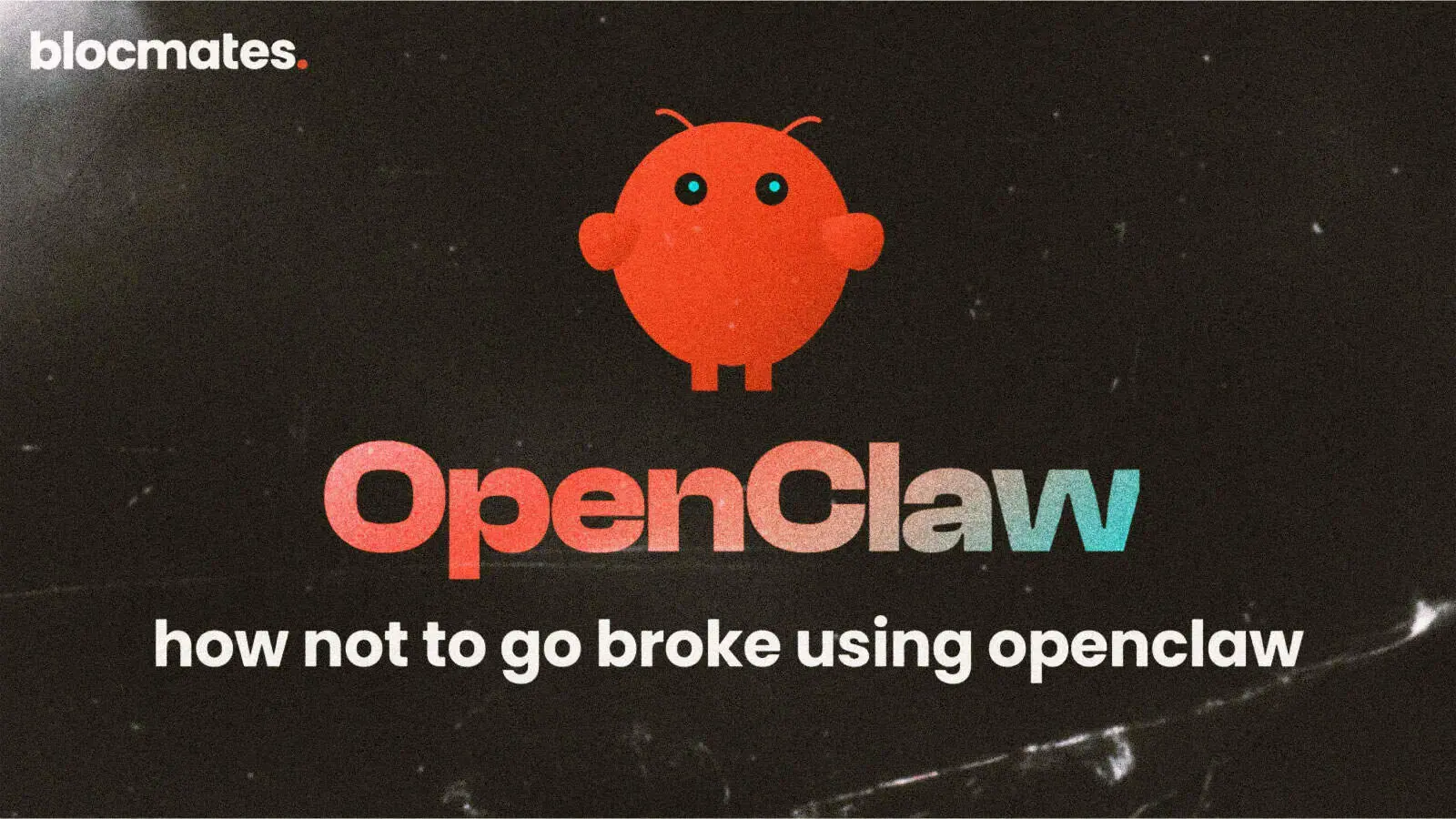

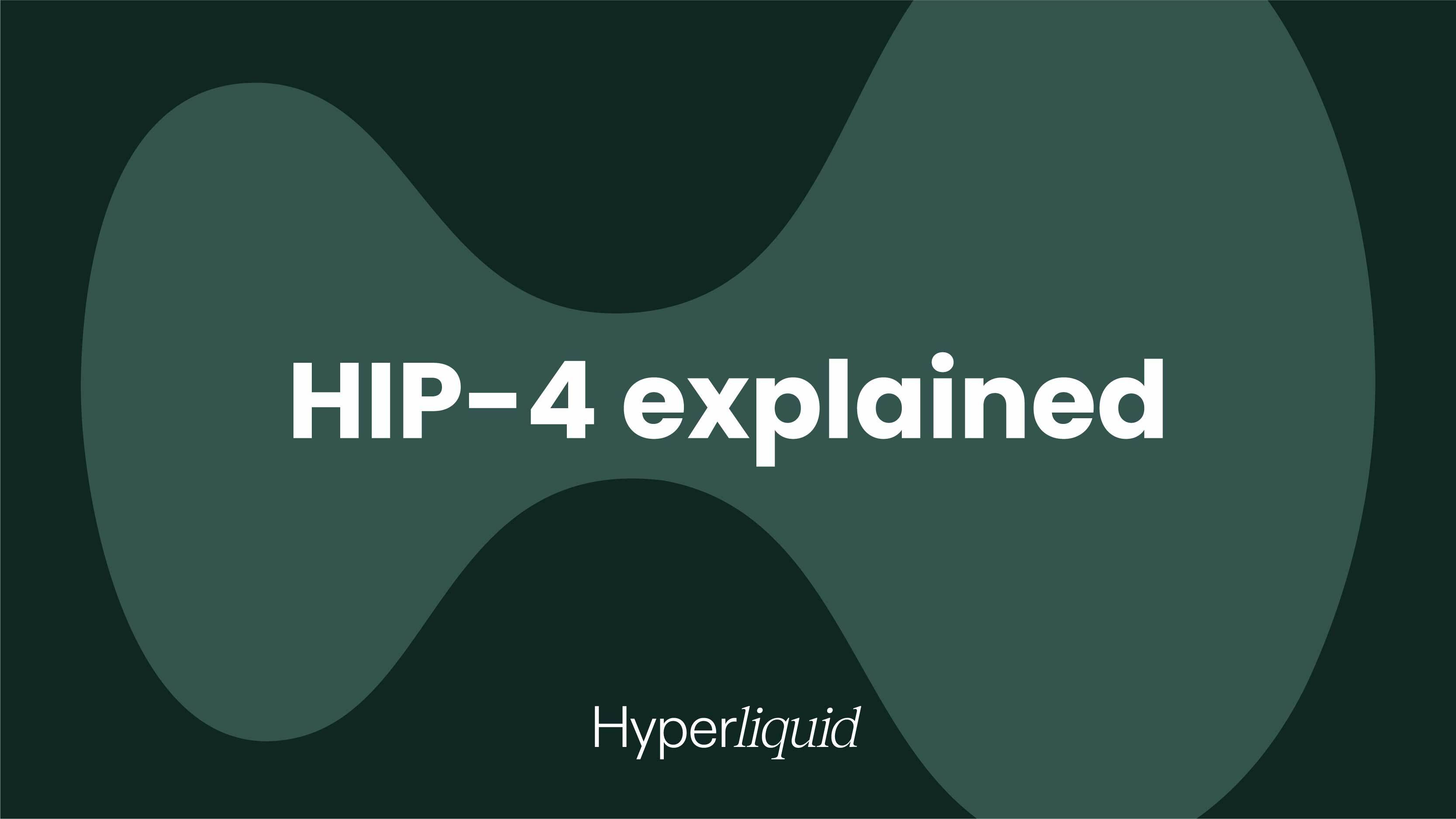


















.webp)

.webp)
.webp)

%20(1).webp)



























































%202.webp)


.webp)

.webp)
.webp)
.webp)


.webp)
.webp)

.webp)
.webp)
.webp)


.webp)
.webp)










.webp)


.webp)









.webp)







.webp)




.webp)


























.webp)







.webp)















.webp)

.webp)
.webp)

.webp)














.webp)

.webp)


.webp)








.webp)




